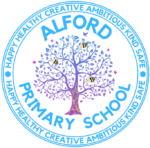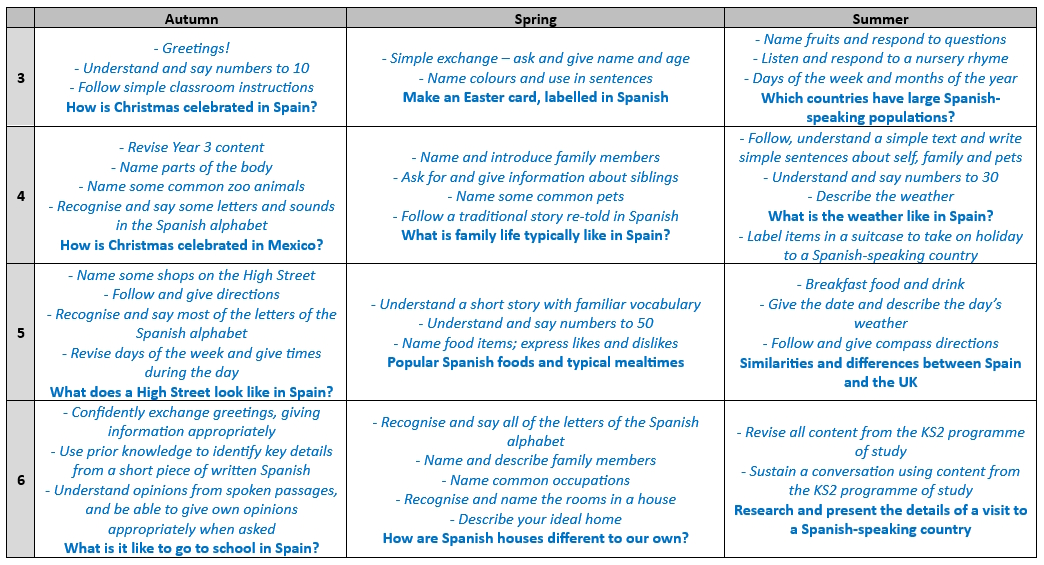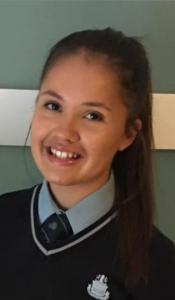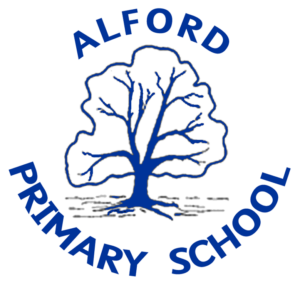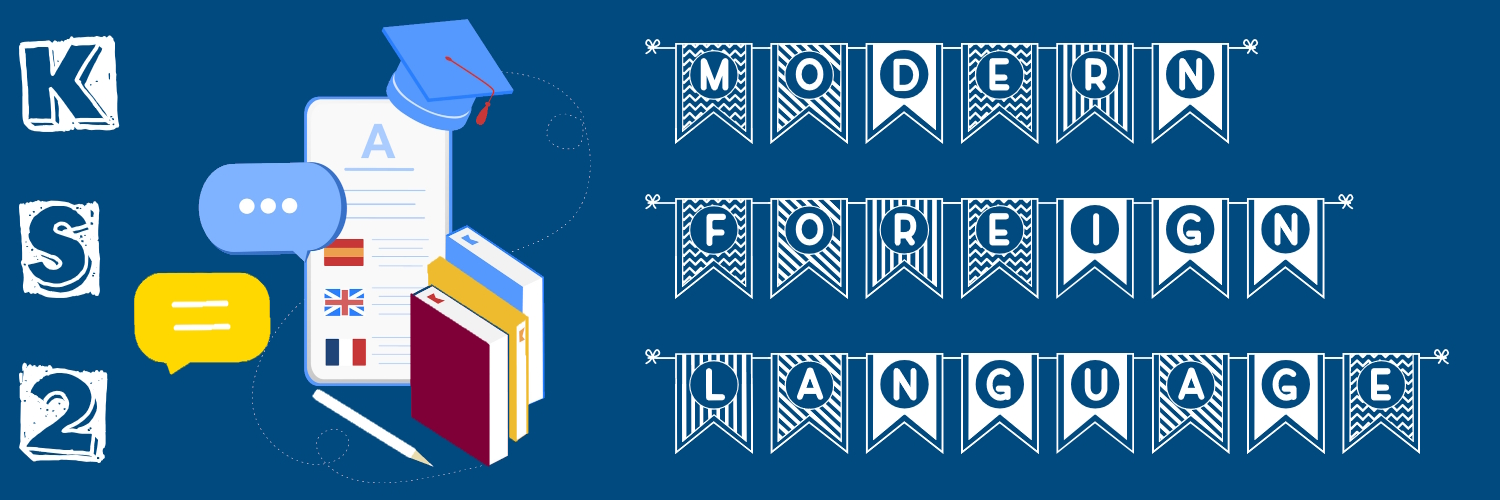
What the National Curriculum requires in MFL at KS2: (The starred * content will not be applicable to ancient languages.)
Pupils should be taught to:
- listen attentively to spoken language and show understanding by joining in and responding
- explore the patterns and sounds of language through songs and rhymes and link the spelling, sound and meaning of words
- engage in conversations; ask and answer questions; express opinions and respond to those of others; seek clarification and help*
- speak in sentences, using familiar vocabulary, phrases and basic language structures
- develop accurate pronunciation and intonation so that others understand when they are reading aloud or using familiar words and phrases*
- present ideas and information orally to a range of audiences*
- read carefully and show understanding of words, phrases and simple writing
- appreciate stories, songs, poems and rhymes in the language
- broaden their vocabulary and develop their ability to understand new words that are introduced into familiar written material, including through using a dictionary
- write phrases from memory, and adapt these to create new sentences, to express ideas clearly
- describe people, places, things and actions orally* and in writing
- understand basic grammar appropriate to the language being studied, including (where relevant): feminine, masculine and neuter forms and the conjugation of high-frequency verbs; key features and patterns of the language; how to apply these, for instance, to build sentences; and how these differ from or are similar to English.
MFL is only taught in Key Stage 2.
Intent
Implementation & Impact - MFL lessons will follow a similar format throughout school… frequency / duration of lessons; what a typical lesson / unit will include; how pupil outcomes are evidenced; how pupil outcomes are evidenced; how pupil attainment is assessed; displays, assemblies and curriculum enrichment opportunities (visits and visitors, themed days etc.); ensuring a uniform and consistent approach across school.
